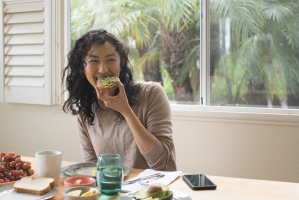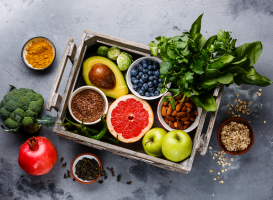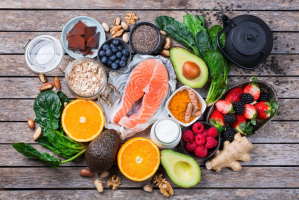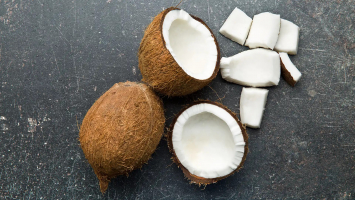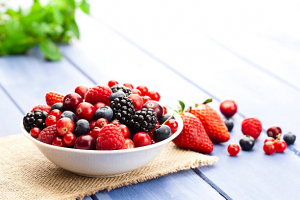Top 6 Best Things You Can Do to Help Native Bees
Whether you admit it or not, the current socioeconomic development is gradually destroying nature, and the habitat of animals and native bees is no exception. ... read more...In other words, there is a war between humans and native bees. Habitat destruction, overexploitation, and shrinking plant diversity are affecting native bee populations. At a time when native bees are disappearing, it also means that the largest force for pollination is also gone. If you are a gardener or homeowner, you can make a difference. Here's what you can do to attract native bees and help them grow and thrive.
-
Plant more flowers. If you live in a city, help the native bees by creating a friendly environment for them. When you have a small garden, balcony, or even an unused space, buy some mixed flower seeds to plant there. This will be a habitat for bees and other pollinators. Also, you can learn ideas to rearrange urban space. Especially the ideas that prioritize the space with many flowers. This gives butterflies more options.
This action makes your habitat more colorful. At the same time, it provides habitat and food sources for formative bees and other pollinators. All onions, all mints, and legumes except creepers, and flowering herbs. Bees also like flowers shaped like daisies and sunflowers. Try to grow a variety of herbs, shrubs, and flowers to provide a food oasis for urban pollinators.
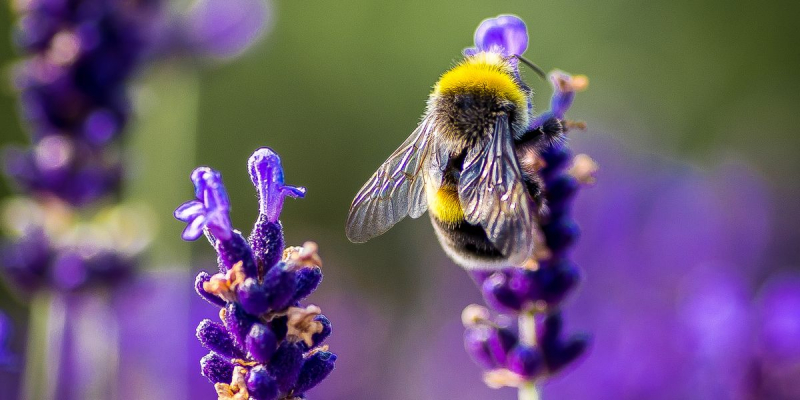
Plant more flowers 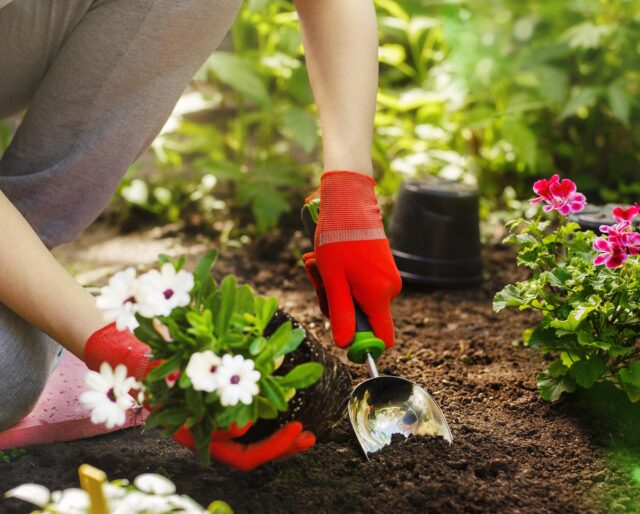
Plant more flowers -
There are no regulations that apply to honey manufacturers that they must accurately record the source of the honey. Therefore, the honey at the supermarket can be mixed with many kinds of imported honey. Importing honey can spread diseases from other countries to native bees. Furthermore, local honey reflects the local flora. This action contributes to supporting local communities, protecting the environment, and of course helping bees.
Local beekeepers work hard to nurture their bees and the local community. The easiest way to show your appreciation is to buy locally-made honey and beeswax products. Many beekeepers use products from their hives to create soaps, lotions, and beeswax candles. Plus, local honey is not only delicious — it is made from local flora and may help with seasonal allergies! You can also give time, resources, and monetary donations to local beekeeping societies and environmental groups to help their programs grow.
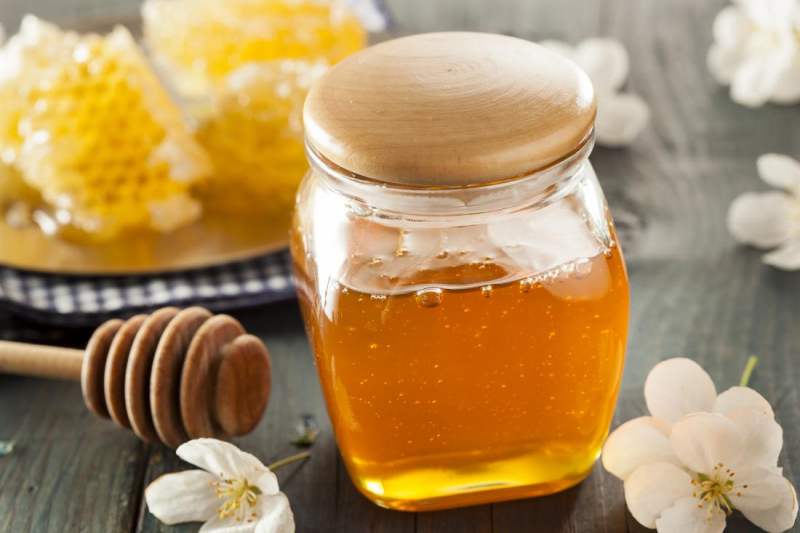
Buy bee-products from a local supplier – don't buy it at the supermarket 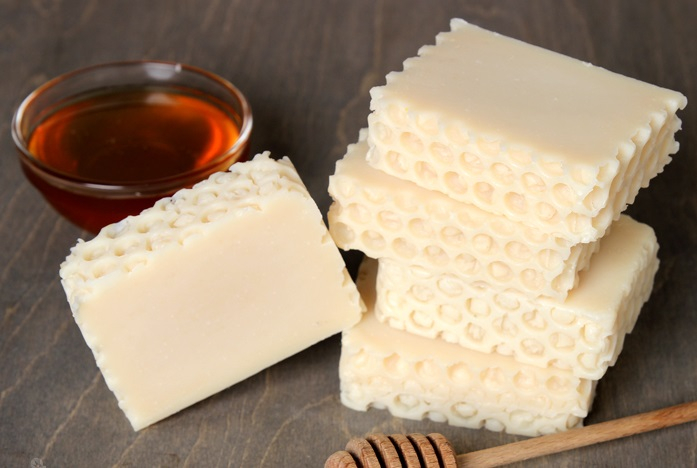
Buy bee-products from a local supplier – don't buy it at the supermarket -
This may seem obvious but emphasize it for better understanding. You'll pay a bit more, though, for organic and seasonal produce from local organic farms. However, this action will bring many benefits. One of them is to support and encourage local producers to cultivate bee-friendly agriculture. Especially organic gardens that do not use pesticides. From such small things, bees will face less danger.
Be careful! Organic honey (including BIO-labelled organic honey) from stores is unlikely to be organically sourced and follows sustainable beekeeping practices. For example, this honey is blended with organic honey sources imported from countries outside Europe. In these countries, organic standards are very different from those in Europe. Even among European countries, there is no uniform standard on this. So you should always check the label when you make a purchase.
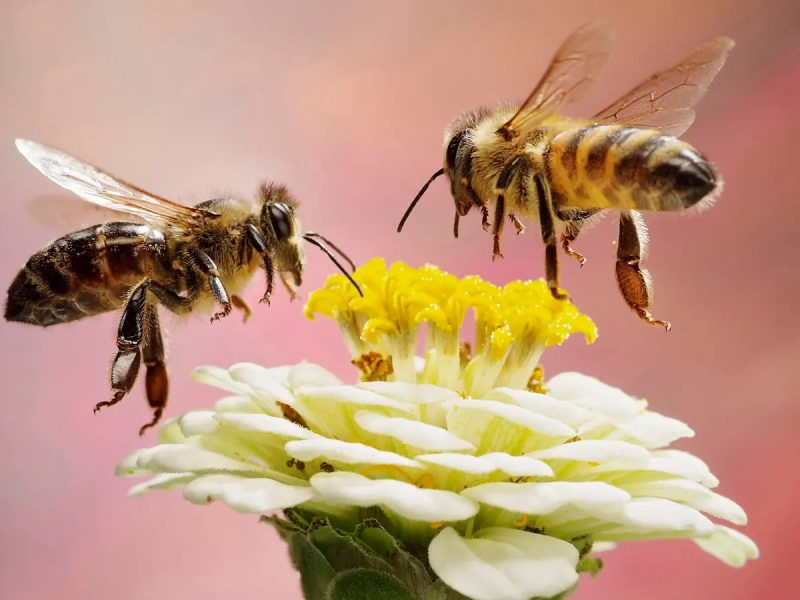
Buy organic and seasonal foods, use bee-friendly varieties 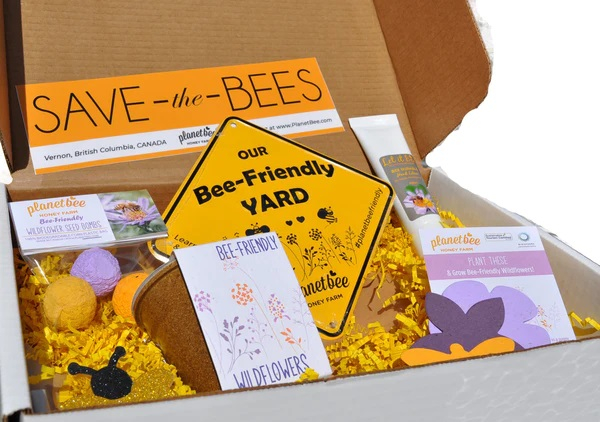
Buy organic and seasonal foods, use bee-friendly varieties -
Bee diseases such as Foul Brood from the US are imported and are easily spread locally. The endospores that trigger honey-borne disease remain in the honeypot. This happens when honey is left in discarded jars. In the fall, bees and other pollinators often forage for food and often find honey in discarded jars. They will bring the disease to the hive and spread to the whole hive.
Bees are animals without consciousness like humans, so what they do is just find things that are fragrant and sweet, they eat anything without anticipating pathogens. When you clean the empty honey jar before you throw it away, you help the bees to avoid infection. If you are a beekeeper, do not feed your bees with imported or blended honey! You should only use honey from your hive.
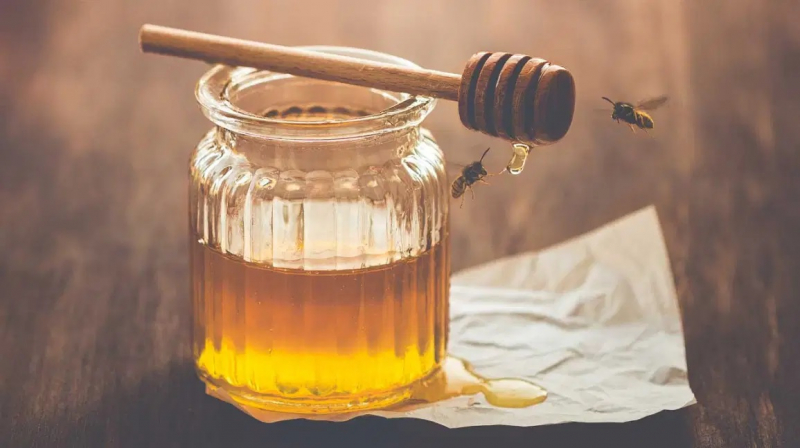
Thoroughly wash the honey jar after using it all 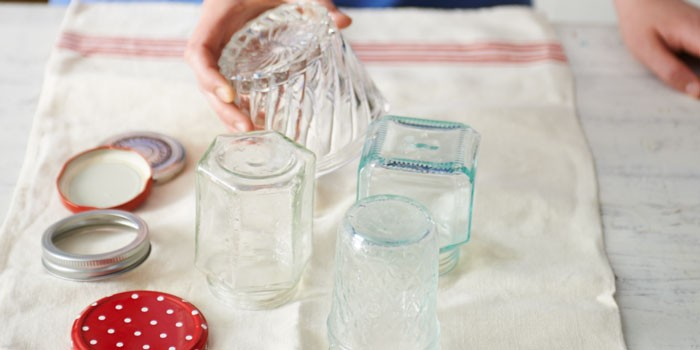
Thoroughly wash the honey jar after using it all -
300 out of 560 native bee species are on the endangered species list. You can help bees by providing nesting opportunities for bees. We're not talking about big and expensive insect hotels. With just a few friendly acts, you can help the native bees and other insects near you. The “insect hotels” act as small shelters for formative bees and other pollinators as well as various insects.
Some beekeepers, especially in urban areas, have difficulty finding a safe space for their hives. If you have an empty space, contact your local beekeeping association. These guilds can link you to a beekeeper who needs a home for the bees. You will be surprised at the difference in the presence of bees in the garden! A higher yield of beans, vibrant fruits, and flowers from the garden will bring life to your garden.
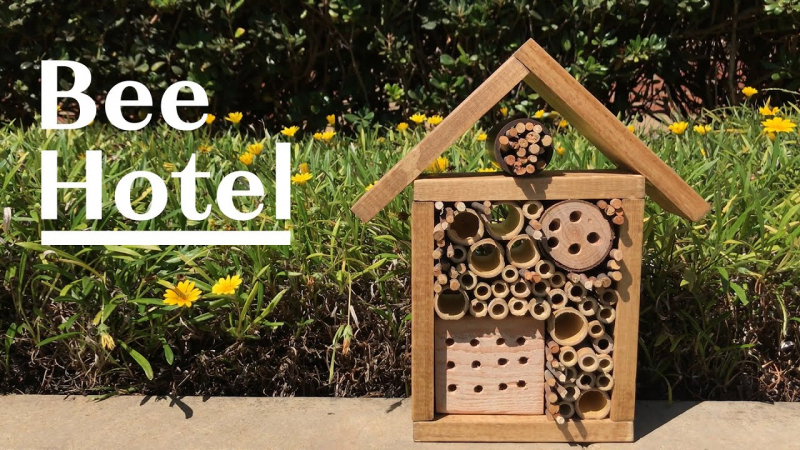
Give beehives and native bee homes 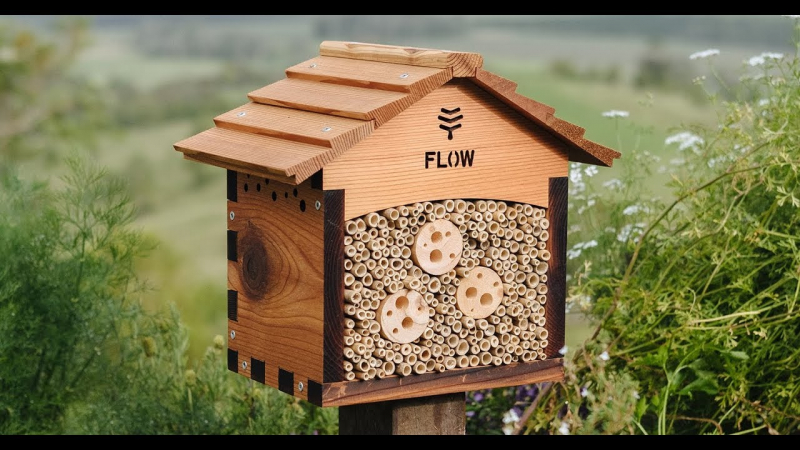
Give beehives and native bee homes -
Can you contact the local government? Are you the manager of an administrative area? Then here's what you can do. Please suggest the government improve the public area by planting bee-friendly plants! If the government lacks the resources to do that, the people will support it. Inspire the next generation of eco citizens with guides, lessons, and activities to get them buzzed about bees! Educators can use your collection of free resources to bring nature and ecology into the classroom — and the hearts of children everywhere.
Last but not least: encourage everyone to be bee-friendly! Bees only sting when provoked or sense danger. When you eat some foods and they come closer, they are attracted because the food contains sugar. Repack this food or drink if possible. Don't clap or chase the bee. Be calm, move slowly, and the bee will soon lose interest in you. Don't kill the bees that happen to fly into your room. Help bring it out with a glass jar.
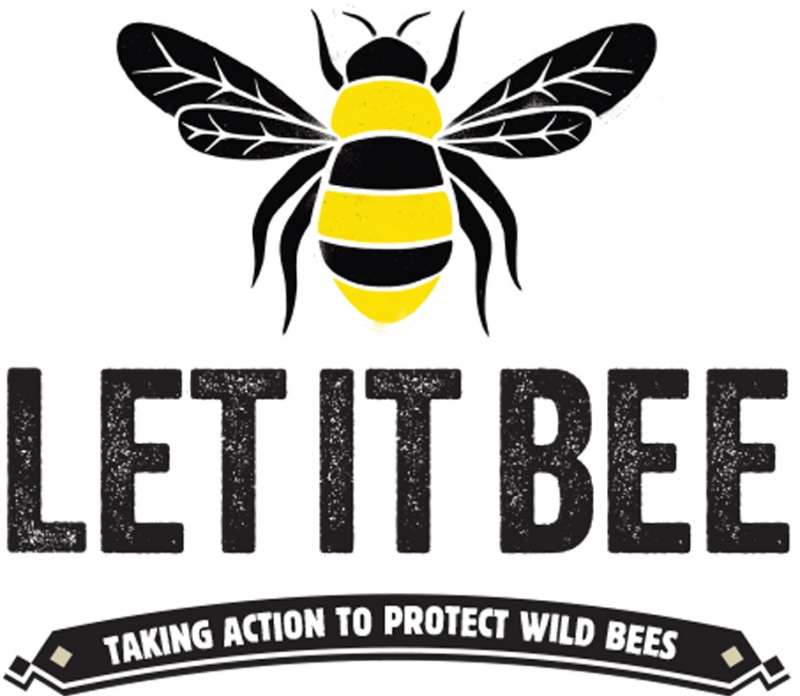
Consider the authorities on measures and propaganda to protect bees 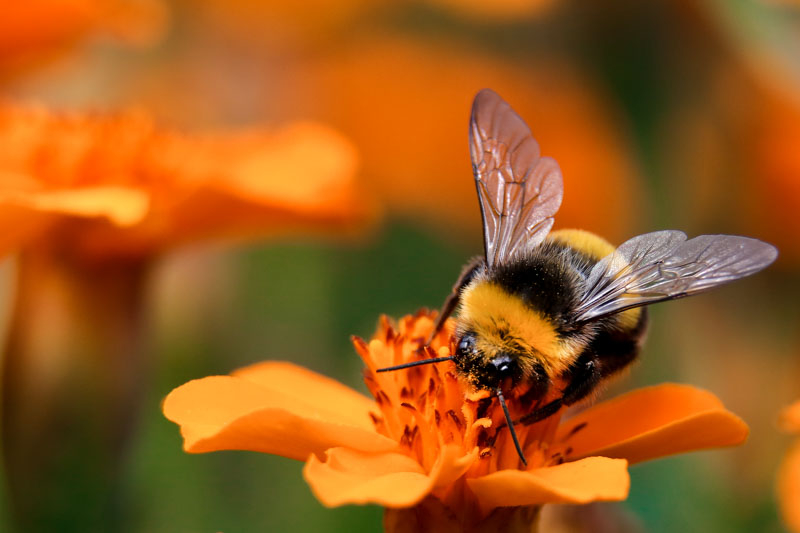
Consider the authorities on measures and propaganda to protect bees










